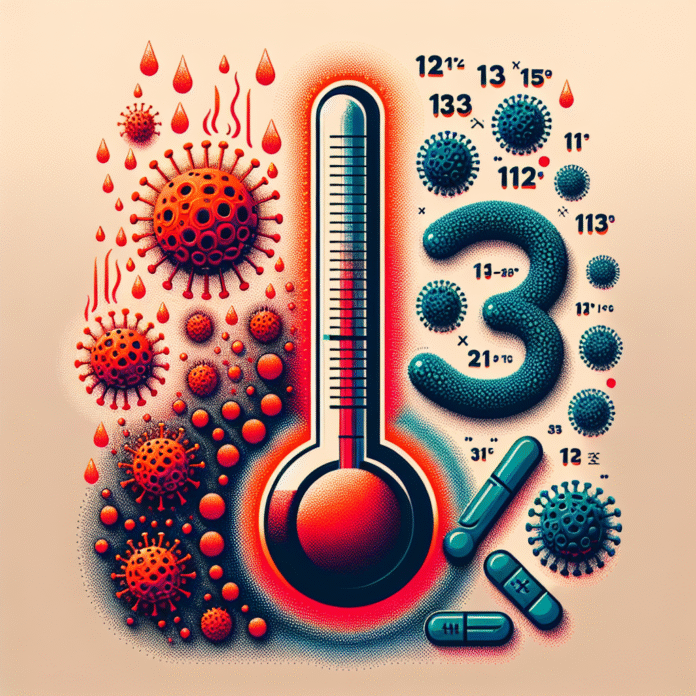Heatwaves Linked to Increased Disease Outbreaks
Heatwaves Could Worsen Disease Outbreaks 13 Times Over, Study Finds
A recent study highlights a concerning correlation between rising temperatures and the prevalence of infectious diseases. Researchers have discovered that heatwaves could exacerbate disease outbreaks by a staggering factor of 13, underscoring the urgent need for public health preparedness in the face of climate change.
The study examined various factors that contribute to the spread of diseases during extreme heat events. Elevated temperatures can enhance the survival and reproduction rates of pathogens, such as bacteria and viruses, while also affecting the behavior and habitat of disease-carrying vectors like mosquitoes and ticks. As a result, the incidence of illnesses such as malaria, dengue fever, and West Nile virus could rise significantly during heatwaves.
Experts emphasize that vulnerable populations, including the elderly, those with preexisting health conditions, and individuals living in low-income areas, are at heightened risk during these extreme weather events. The combination of heat stress and disease exposure can lead to severe health outcomes, including increased hospitalizations and higher mortality rates.
In addition to the immediate health risks, the study also points to long-term implications for public health systems. As climate change continues to drive more frequent and intense heatwaves, healthcare providers may face overwhelming demands, making it crucial to develop adaptive strategies to manage potential outbreaks effectively.
Furthermore, researchers advocate for a multi-faceted approach to mitigate the impacts of heatwaves on public health. This includes improving early warning systems, increasing community awareness about the risks associated with extreme heat, and implementing policies to reduce greenhouse gas emissions and enhance urban resilience.
In conclusion, as the planet continues to warm, the intersection of climate change and public health becomes increasingly critical. By understanding the potential for heatwaves to worsen disease outbreaks, policymakers and health officials can better prepare for and respond to these emerging challenges.
